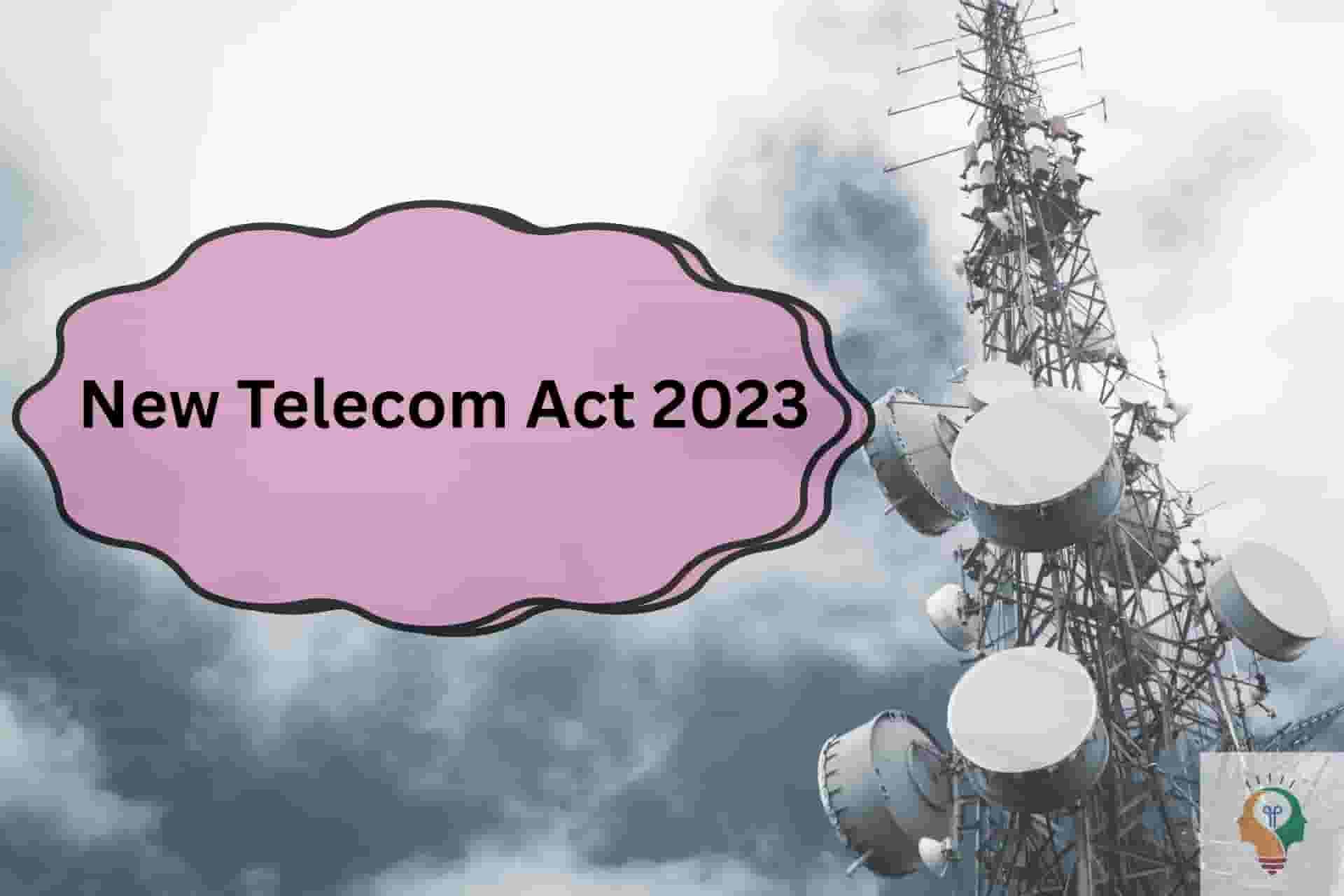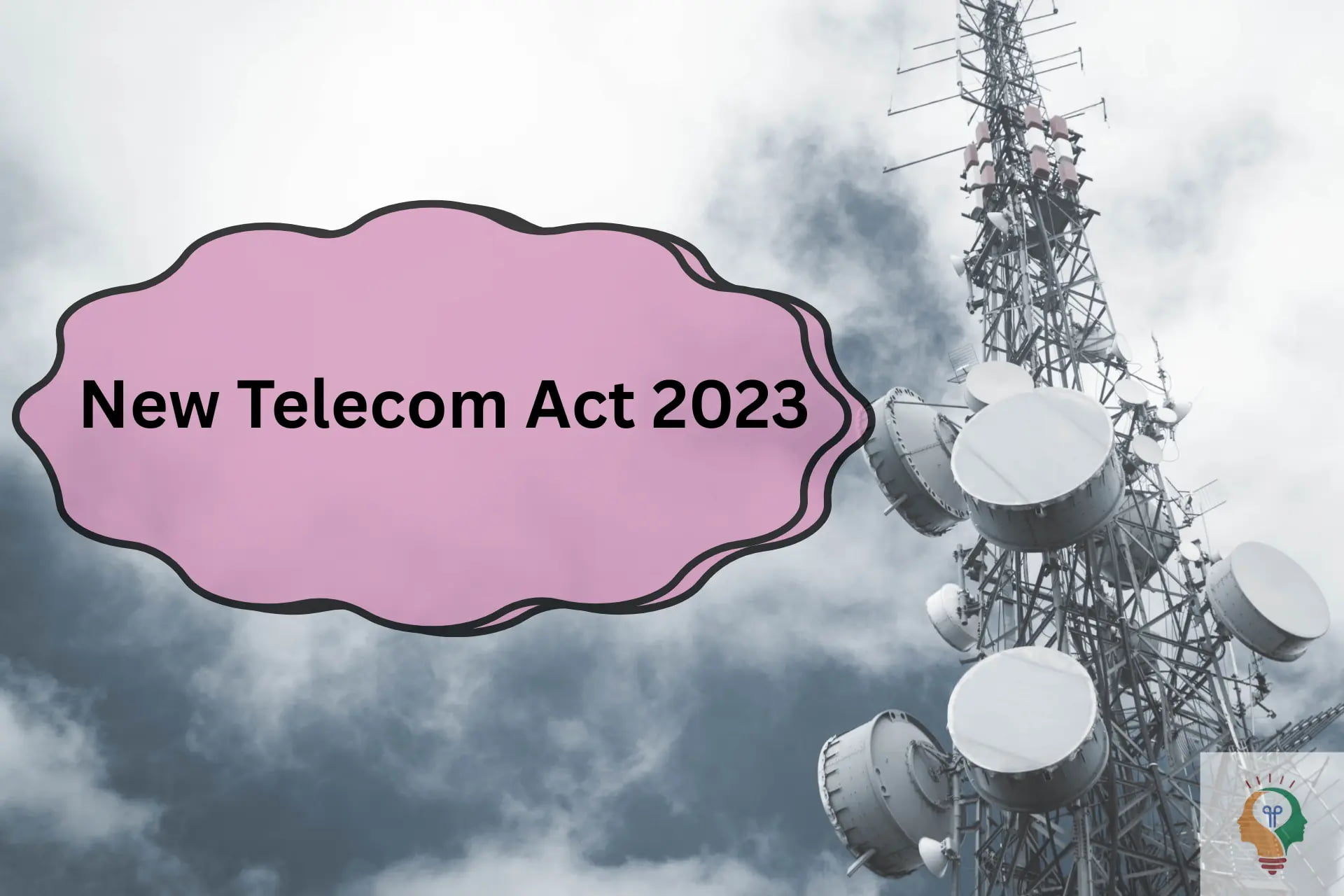Multiple SIM Users, Beware Of The New Telecom Act Of 2023!
Updated: 31-10-2025 at 5:30 AM
2k


India is a country where SIM card fraud is increasing day by day. SIM card fraud cases have become a major threat as hackers gain access to bank accounts and personal details through SIM manipulation. Another dangerous method called SIM swap scam or SIM swap fraud has led to crores of losses for citizens across the country.
While there are many reasons behind these scams, owning multiple SIM cards without limits has been one of the biggest causes. To protect innocent people and strengthen telecom security, the government introduced a new set of rules under the Telecommunications Act, 2023. This reform focuses on SIM card limits and fraud prevention measures, significantly modifying India’s telecom laws and addressing risks like fraud SIM swap activities.
Overview
The table below gives a quick snapshot of the key features of the Telecommunications Act 2023 and the government’s new SIM card rules.
| Particulars | Details |
|---|---|
| Policy Name | Telecommunications Act, 2023 |
| Implemented By | Government of India |
| Objective | To regulate telecom operations, limit SIM ownership, and prevent SIM card swap fraud and spam communications. |
| Replaces | Indian Telegraph Act (1885) and Indian Wireless Telegraph Act (1933) |
| SIM Card Limit | 9 SIMs per person (6 in Jammu & Kashmir and North-East) |
| Penalty | ₹50,000 for first offence; ₹2 lakh for repeated offence |
| Key Addition | Ban on commercial messages without user consent |
| OTT Platforms | WhatsApp and Telegram excluded from telecom regulation |
| Effective Sections | 39 out of 62 sections are currently enforced |
| National Security Provision | The government can monitor calls and suspend networks in emergencies |
Also Read: Cyber Insurance: The Shield Against Cyber Scams & Threats In India
Latest Coverage
The Indian government is now taking stronger measures to protect citizens from cyber fraud and SIM-based crimes like SIM swap fraud. The Ministry of Home Affairs (MHA) and the Department of Telecommunications (DoT) are jointly working to detect fake SIMs, trace fraudulent calls, and shut down suspicious mobile connections linked to SIM card fraud cases and financial crimes.
In October 2024, a national drive against SIM swap scam and cyber fraud led to the deactivation of over 1.6 lakh fake SIM cards and the blocking of thousands of IMEI numbers used for scams. Citizens are being encouraged to verify their SIMs through the Sanchar Saathi Portal and report any suspicious activity to authorised cybercrime investigation portals.
Authorities have also begun SIM card fraud investigation drives to identify telecom operators and retailers involved in issuing SIMs without proper verification.
To stay protected, citizens should learn how to tell if you've been SIM swapped and understand how to prevent SIM swapping using two-factor authentication, strong passwords, and telecom verification apps like SIM swap Airtel alerts.
Telecommunications Act Of 2023
The Telecommunications Act 2023 came into force on June 26. It replaces the Indian Telegraph Act of 1885 and the Indian Wireless Telegraph Act of 1933. This modern law reflects significant advances in the telecom sector and changes the regulatory framework to meet present-day challenges like SIM swap scam prevention.
Only 39 of the 62 sections are currently active. These cover critical areas such as public safety, national security, network protection, and technology innovation, along with new provisions to regulate fraud SIM swap incidents.
Regulation On SIM Cards
This new rule will have a huge impact. No one can have more than nine SIMs to their name. Residents of Jammu, Kashmir and the Northeast can get only six SIMs. Violation of this rule can lead to heavy fines.
This move aims to stop spam calls, messages, and large-scale SIM swap fraud by reducing the misuse of multiple SIMs. The law also empowers the government to take strict action against telecom agents and users found guilty of SIM card swap fraud operations.
For users facing issues, knowing how to fix SIM swap errors or how to SIM swap securely through authorised telecom channels can help avoid data theft and fraudulent activity.
Ban On Commercial Messages Without User Approval
Operators may face fines up to Rs 2 lakh and service suspension if they send commercial messages without the user's consent.
Telecom companies have to get users' approval before sending any kind of promotional message.
They must also establish online grievance portals where users can raise complaints about SIM card fraud cases, SIM swap scam, or other service violations.
Also Read: Beware Of Task Completion Scams: A Costly Cyber Fraud
WhatsApp And Telegram Are Out Of Telecom Rules
The removal of OTT players or apps from the definition of telecom service is a significant change. WhatsApp and Telegram will stay out of telecom rules.
At the same time, if it is necessary, the government will now have the right to allow telecom companies to install mobile towers or lay cables on private property even without the consent of the landowner. Although this will not change the ownership status of the property,
The Government Can Monitor Your Calls And Messages
In emergencies or national security threats, the government can suspend the network and intercept your messages.
The government will be able to take over any telecom service, network, or management for reasons of war or national security, or suspend it whenever and for however long it wants.
If any call or message is deemed a risk to national security or part of SIM swap fraud, the government can monitor, block, or investigate such communication under authorised protocols.
Conclusion
The Telecommunications Act 2023 is a major step towards a more secure and transparent telecom ecosystem in India. By limiting SIM ownership, monitoring fraudulent activities, and mandating accountability, the government aims to reduce the growing number of SIM card fraud cases and SIM swap frauds.
Understanding how to prevent SIM swap India and staying aware of how to fix SIM swap issues can help users safeguard their mobile identity and financial data. Together, these measures build a strong foundation for cybersecurity and consumer trust in India’s digital era.
Get the latest updates on government schemes and policies with Jaagruk Bharat. Join India's biggest Jaagruk Bharat community. Share your thoughts, questions, and favourite topics with us.
Why Choose Jaagruk Bharat Services To Register Cyber Complaint?
Visit Jaagruk Bharat Services, a platform that helps citizens file verified complaints, understand their legal rights, and get guidance on how to recover from online fraud. Stay alert, stay aware and be Jaagruk.
Frequently Asked Questions
0
0
2k
0
0
2k Views
0
No comments available





Our Company
Home
About
T&C
Privacy Policy
Eula
Disclaimer Policy
Code of Ethics
Contact Us
Careers
Cancellation & Refund Policy
Categories
Women
Insurance
Finance
Tax
Travel
Transport & Infrastructure
Food
Entertainment
Communication
Government ID Cards
E-commerce
Traffic guidelines
Miscellaneous
Housing and Sanitation
Sports
Startup
Environment and Safety
Education
Agriculture
Social cause
Employment
Disclaimer: Jaagruk Bharat is a private organization offering support for documentation and government scheme access. We are not affiliated with any government body. Official services are available on respective government portals. Our goal is to make processes easier and more accessible for citizens.
All Copyrights are reserved by Jaagruk Bharat